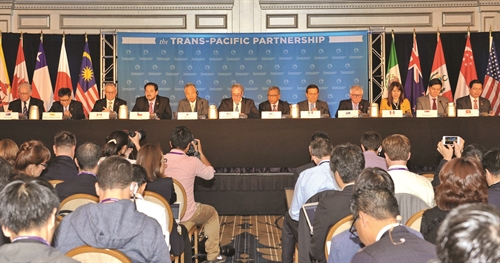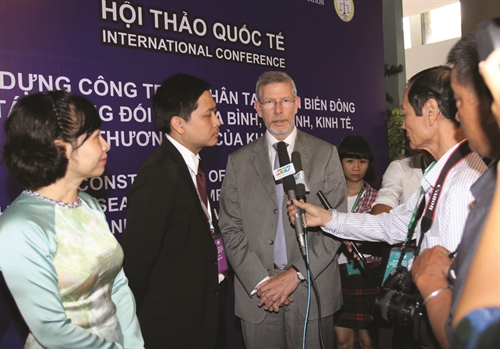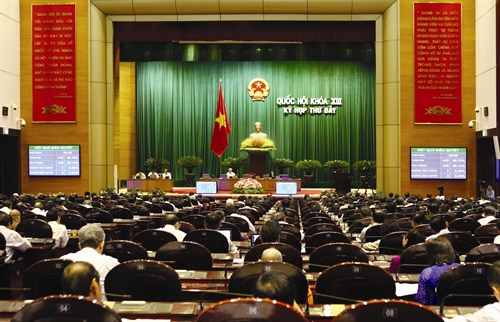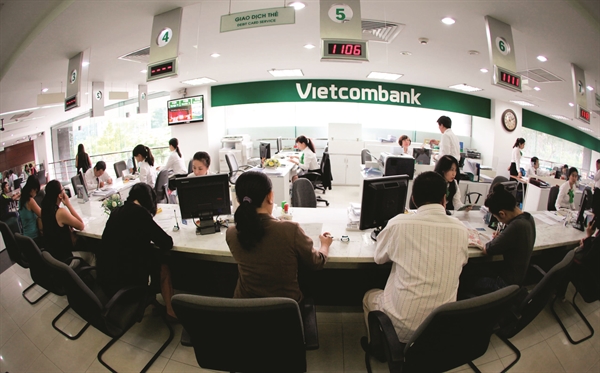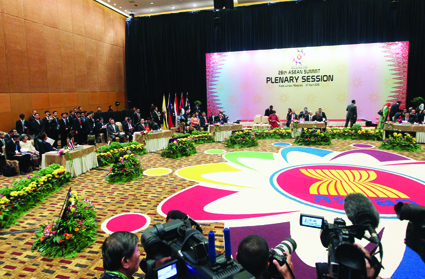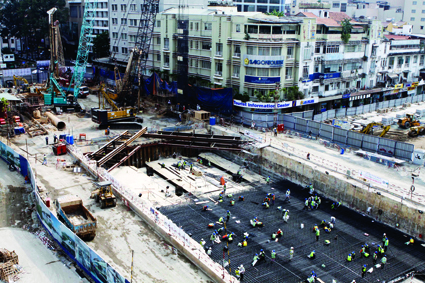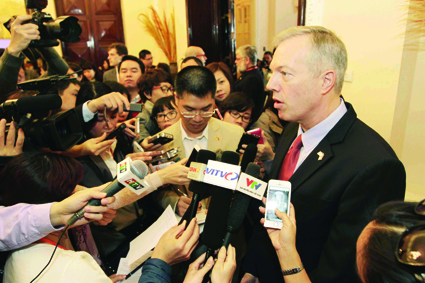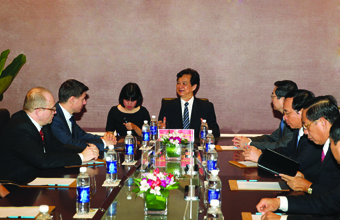>>An overview of the TTP agreement
Cuong T. Nguyen (*)
State officials from the 12 members in the Trans-Pacific Partnership (TPP) trade agreement concluded talks on October 5 after years of heated negotiations. Before taking effect, the deal is now under ratification by many countries including the US and Canada where local governments still face oppositions.A central concern for most TPP members is the establishment of the investor-state dispute settlement (ISDS) mechanism consisting of an independent panel of three judges, who would have the authority to rule on disputes in accordance with the TPP’s terms without being subject to any appeal within a member country’s judicial process.
Although the negotiations happened behind the curtains, a draft of TPP agreement’s investment chapter on ISDS was revealed to the public by Wikileaks. Recently debates about potential impact of ISDS provisions in the leaked document on domestic policy formulation and lawmaking are now a “hot topic” in social media, academic research and policy discourses within Washington inner circle.
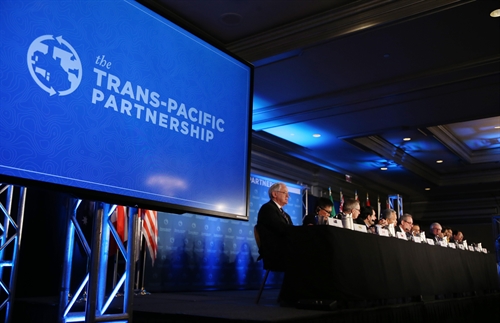 |
| Trade ministers from the 12 Trans-Pacific Partnership (TPP) member countries reached final consensus on the world’s largest free trade agreement at Atlanta, the US, on October 5__Photo: sbs.com.au |
What is ISDS mechanism and how does it work?
Investment-state dispute settlement (ISDS) mechanism is a mechanism provided in bilateral investment treaties (BITs) and other multilateral investment agreements allowing investors to enter arbitration with host governments over breaches of agreements.
According to a report by the Center for Strategic and International Studies, the majority of ISDS claims (40 percent) is related to high level of government involvement in breach of normative protections. In the TPP agreement, ISDS tribunals operate under international arbitration laws established by the World Bank’s International Center on the Settlement of Investment Disputes (ICSID) and the United Nations Commission on International Trade Law (UNCITRAL). These tribunals consist of three judges (often private sector lawyers) that are appointed by the host government, the plaintiff and the Secretary General of the ICSID.
ISDS claimants are often investors from big capital-exporting firms, with American investors having filed 22 percent of ISDS claims. The number of ISDS cases has soared dramatically over the past ten years, from 100 claims between 1987-2002 to 568 claims, according a study of Professor Geoffrey Jones (Harvard Business School). This surge is correlated with the simultaneous rise in stocks of foreign direct investment (FDI) from only USD 60 billion in 1961 to USD 25 trillion in 2013.
The reason behind this correlation is that as capital inflows increase into developing economies, multinationals are in great need of insurance to protect them from state expropriations in emerging markets where development of legal institutions cannot keep pace with rising complex financial activities and economic transactions. Another reason for increasing popularity of ISDS is growing distrust of foreign investors in local courts; overcoming weak judicial independence of domestic judges was among the original objectives for ISDS’s establishment. By the same token, disputes are more ubiquitous in poorly developed legal systems.
One special feature of ISDS that renders the mechanism superior to traditional judicial litigation is the high level of transparency of arbitral proceedings. The TPP agreement mandates public disclosure of notices, pleadings and awards, as well as arbitration hearings open to the public, though a party may conceal “protected information” from the public if permitted by the tribunals.
Trade agreements have been negatively viewed to trigger a race to the bottom. Article II. 16 of the TPP agreement's investment chapter aims to promote corporate responsibility, stating that “The Parties reaffirm the importance of each Party encouraging enterprises operating within its territory or subject to its jurisdiction to voluntarily incorporate into their internal policies those internationally recognized standards, guidelines and principles of corporate social responsibility that have been endorsed or are supported by that Party.”
What is the process of pursuing ISDS cases under the TPP agreement?
Filing an ISDS claim involves investors’ careful decisions based on comprehensive cost-benefit analyses because the process entails serious time commitment and costs of representation and administration of the tribunals. Investors typically seek arbitration when their business is affected by arbitrary intervention or expropriations from the host government. However, in keeping public interests in environment and health protections from attacks by foreign firms through ISDS, the TPP agreement specifically states “nothing in this Chapter shall be construed to prevent a Party from adopting, maintaining, or enforcing any measure otherwise consistent with this Chapter that it considers appropriate to ensure that investment activity in its territory is undertaken in a manner sensitive to environmental health or other regulatory objectives.”
The ISDS process starts with a formal notification to the host government of the existence and nature of a treaty breach. The next phase is called “cool off” period (3-6 months) that allows disputants to resolve the issue through negotiation, consultation, or other alternative. Recognizing that most Asian cultures are non-litigious in nature, the TPP agreement drafters have made it six months so that disputants can have a chance for settlement without resorting to the tribunals.
Moreover, if an investment agreement has a built-in alternative dispute settlement mechanism, the claimant has to pursue that mechanism for at least a year before filing for arbitration. During this period, foreign investors can request diplomatic support from their government, yet it stops when a claim proceeds to ICSID arbitration.
Once an investor submits a claim to arbitration, he must pass many tests before consideration of the merit of the claim. One of the main tests is persuading the arbitrators that they have jurisdiction to review the merit of the claim. After submitting the claim, if the investor withdraws it or fails to make payments or appoint arbitrator, the process ceases.
What are impacts of ISDS system on Vietnam?
Each of the TPP agreement’s chapters will affect Vietnam’s political, economic and financial systems to some extent. It is difficult to measure precise magnitude of impact until the agreement takes effect for at least several years. Yet we can anticipate several significant changes in Vietnam that follow by the establishment of the ISDS mechanism in the upcoming decade.
First, there will be top-down reforms of state-owned enterprises (SOEs) that result from bottom-up pressure from ISDS claims by foreign investors in order to avoid potential losses of state revenue in arbitration. For years Vietnamese SOEs have applied ample monopolistic practices in their commercial activities, resulting in deterioration of their service quality and lack of growth-inducing competition from foreign and domestic private sectors.
The wikileak draft shows that ISDS is open to SOE investment disputes that stem from or are related to investment activities between (1) the host government and (2) nationals and companies of other TPP members irrespective of whether the firm is an SOE or a privately owned enterprise. While ICSID arbitration rules place a limited range of possibilities foreign investors can challenge the host government, subsidies SOE receive from the state can be a potential area for ISDS claims. Foreign firms can sue the host government for providing subsidies to SOEs that cause adverse effects on commerce and investment between TPP members.
Second, reforms of domestic courts are essential in preparation for future claims at ICSID, especially their early engagement in the arbitration proceedings, which would help the Vietnamese government to control arbitration and legal costs. Courts will receive technical training in supervising arbitral proceedings to ensure that foreign arbitral awards must be recognized and enforced by competent courts and there is no annulment of arbitral awards without legitimate grounds.
Third, increased demand for legal profession may motivate reforms in legal education. The Vietnamese legal academia is partly isolated from the process of economic and legal development. Such changes in legal education can be in form of sending academic staff or government personnel overseas for legal scholarships or establishing occupational programs to assist local lawyers and legal practitioners in studying ICSID cases.
With the establishment of an appellate court for the ICSID tribunals to evaluate arbitral awards, the ISDS mechanism would sharply increase foreign investors’ confidence in Vietnam’s business environment by protecting them from arbitrary intervention by Vietnamese authorities and monopolistic practices of SOEs. As a result, this would help boost foreign direct investment.
In a society where everyone is accustomed to non-legal means of settling disputes, rapid legal reforms can be problematic. However, lack of these changes would result in serious consequences for the Vietnamese government and domestic enterprises such as many millions dollar losses into damage awards. The loser here is not only the host government or SOEs but also Vietnamese citizens since losses in national treasury directly hurt the country’s GDP.
Signing of the TPP agreement is a huge step for Vietnam toward deeper integration. But this also means that Vietnam is now becoming an active player in the global arena and therefore required to maintain consistent compliance with international laws like others. To be part of the system Vietnam has to play by its rules and accept the risks.-
-----
(*) Mr. Cuong T. Nguyen is a graduate of the Committee on International Relations (CIR) at the University of Chicago, and currently a lecturer in the Faculty of International Relations at the University of Social Sciences and Humanities in Ho Chi Minh City. The opinions expressed in this article are the author’s own.
